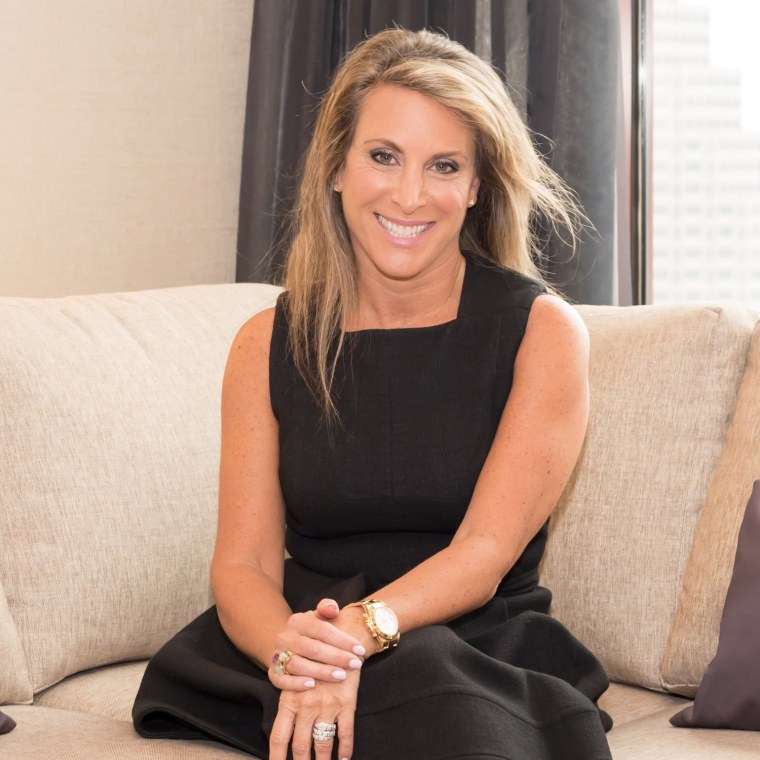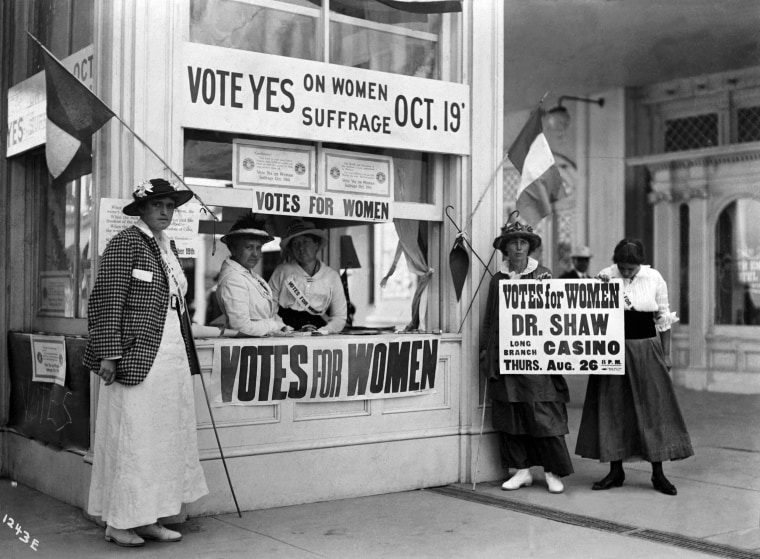Let these words sink in: Less than 100 years ago, you didn’t have the right to vote in the U.S. if you were a woman. Women’s Equality Day celebrates the passage of the 19th Amendment, which granted women the right to vote on August 26, 1920. The women’s suffragist movement was successful in large part because a group of passionate women (and men) banded together to activate change. Now-famous activists such as Elizabeth Cady Stanton, Lucretia Mott, Frederick Douglass, Sojourner Truth, Susan B. Anthony and Alice Paul took big risks, used their voices, and traveled a rocky road to rewrite the old rules that were written by and for men, but no longer worked.
For the suffragists, change didn’t happen overnight. In fact, it took decades. What we consider to be basic rights today — such as women’s right to vote and own property — are the result of the hard work and conviction of these trailblazers.
Let us not forget how far we’ve come, and how far we still have to go.
Women make up roughly 51 percent of the population, but only 20 percent of Congress is made up of women. Less than 22 percent of city mayors are women. We have yet to have a female commander in chief.
On the flipside, we're seeing more female candidates running for office (and winning primaries) than ever before, coupled with the fact that women are also the majority of voters in this country: Since 1980, the percent of eligible women voters who said they voted has been higher than the percent of men in every presidential election, according to the Center for American Women and Politics.
Having a government that more accurately reflects the population will help push legislation forward to better reflect our wants and needs, from supporting equal pay to advocating for mandatory parental leave to greater protection against sexual harassment to gun safety. And exercising your right to vote will help push important issues forward.

This is vital at a time when we still have a gender pay gap that widens for minorities. We still don’t have mandatory paid parental leave. The number of women leading Fortune 500 companies dropped by roughly 25 percent since last year. We need more women in leadership positions to have decision-making power.
Equality is not a female issue; it’s a social and economic imperative. In fact, up to $28 trillion could be added to the global GDP if we achieve full gender equality by 2025, reports the McKinsey Global Institute.
We can’t wait for equality to happen. We have to make it happen. It is each of our responsibility to drive change. Educate yourself on political issues. Get to the voting booths. Run for office if you feel called to do so. On Women’s Equality Day and every day, let’s rewrite the rules that are no longer working and create new ones, together.
Shelley Zalis is the CEO of The Female Quotient and creator of The Girls’ Lounge. Follow her on Twitter.
